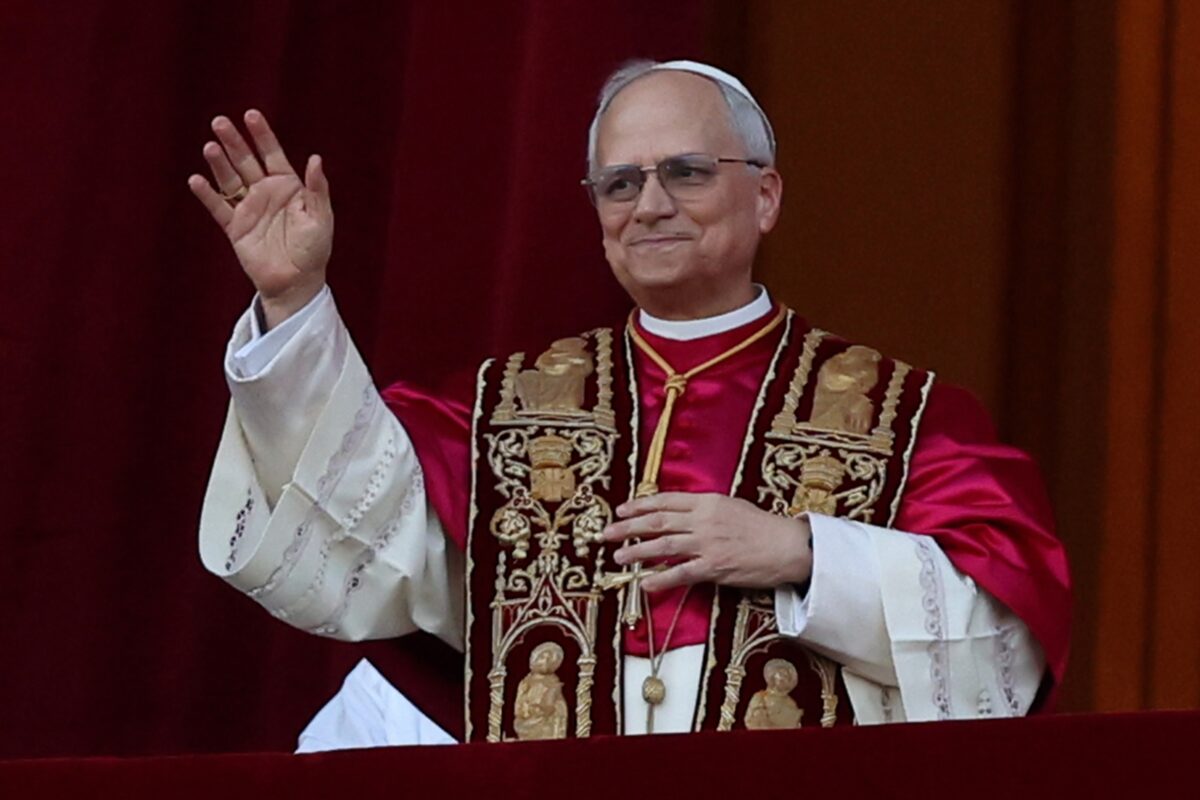TLDR;
- Pope Leo XIV urges world leaders to create a global treaty to regulate AI, citing threats to human dignity and justice.
- The Vatican warns AI could erode the moral foundations of society and displace millions from the workforce.
- Drawing from Catholic social teachings, the Pope positions the Church as a guardian of ethics in the AI age.
- Tech giants are seeking talks with the Pope as his remarks stir debate over unchecked innovation.
Pope Leo XIV has called on world leaders to join in drafting a global treaty to address what he described as the “existential threat” posed by artificial intelligence.
In his first major remarks since ascending to the papacy earlier this week, the newly elected pontiff urged the international community to ensure that AI development is guided by ethics, justice, and a firm respect for human dignity.
Speaking at the Vatican before senior clergy and members of the Italian Episcopal Conference, the Pope warned that artificial intelligence, if left unchecked, risks undermining not only labor markets but also the moral and social foundations of human life.
“We must not allow humanity to be redefined by machines,” he said. “Man is not a function, not a simulation, not an algorithm. He is a mystery, a being, a relationship.”
The Pope’s message was unmistakably rooted in the Church’s long history of advocating for the vulnerable during times of disruptive change. He invoked the legacy of Pope Leo XIII, who defended workers’ rights during the Industrial Revolution. Drawing parallels to today’s digital upheaval, Pope Leo XIV emphasized that the Church must once again rise to the challenge.
“During the previous revolution, it was the factory that transformed our understanding of work and worth. Today, it is the machine that threatens to replace not only our labor but our very sense of what it means to be human,” he said.
In calling for a treaty, Pope Leo XIV joins a growing chorus of voices urging coordinated international oversight of AI development. The Vatican has signaled its willingness to work with governments, civil society, and the technology sector to ensure ethical safeguards are put in place.
The Pope’s remarks reflect widespread anxiety about AI’s role in society. Concerns range from automation-driven job losses to the manipulation of personal data and increasing concentration of power among a handful of tech corporations. According to a 2023 report by the Oxford Institute, nearly half of jobs in developed economies are at high risk of automation in the coming decade.
The Vatican’s position is expected to influence the broader global debate, especially in countries with strong Catholic traditions. Already, major tech firms such as Google and Microsoft are reportedly seeking dialogue with the Pope in an effort to shape a more balanced narrative around emerging technologies.
Yet the Church’s position remains clear. The Pope insists that human dignity must always be the compass guiding technological progress. “It is not enough to be innovative. We must be humane,” he said.
That said, as the world grapples with the ethical dilemmas posed by artificial intelligence, Pope Leo XIV has placed the Church firmly at the center of the conversation. Whether this will lead to a formal treaty or a new global code of conduct remains to be seen. But the message from the Vatican is unambiguous: progress must never come at the cost of the human soul.






